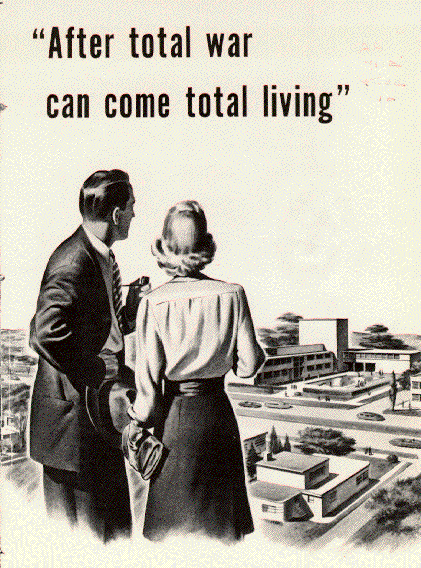Richard Overy argues that “The war was won in 1945 not from German weaknesses but from Allied strengths.” How far do you agree with this statement?
Although it is true that the Allies may have shared a larger number of strengths than the sum of German weaknesses, per se, it can be argued that the significance of the few Axis’ lapses did in fact largely impact the outcome of the war, at least in equal measure to the Allies’ advantages. This can be attributed to the late, and thus decisive, timing in which monumental events began to take place, both in the Allies visible improvements to their war tactics and strategies and in the German’s definitive weaknesses.
First and foremost, the Allied powers seemed to make their final improvements at the most crucial moments. For example, in officially absorbing America in to the Allied side in 1941, the Allies were able to mobilise their economy and their wartime industry with compelling force. The Soviet Union, too, greatly contributed to the war cause by tactically transporting much of their industry east of the Urals; this both prevented German seizure of their factory and helped the USSR in maintaining and increasing their war economy, the latter of which Germany failed to accomplish. These contributions were both vital in increasing the Allied powers’ numerical advantage in not only the quantity of the weaponry output, but also the quality. Furthermore, the Allied powers were buoyed by a wide berth of civilian support and patriotism. The significance of this, again, became evident near the final grueling months of the war, as Allied morale and fighting ferocity maintained a steady incline, contrasting sharply with the German Wehrmacht’s deterioration. Lastly, the Allies’ strategy proved itself far superior than the Germans’ near the culmination of the war. Through the former’s pinpoint offensives against Germany, wearing strategic bombing, and strong emphasis on reinforcements, the Allies bore a force that slowly but surely wore an underprepared and underfilled Germany down to ultimate surrender. All in all, the Allied strengths were indeed greater in number than the German’s weaknesses; yet perhaps it is the coincidence of the two, a timing favorable to the Allies, which most ensured an Allied victory in the end.
As for the part of the Germans, a few highly critical mistakes near the climax of the war was sure to contribute the the Allied cause at least equally so to the latter’s strengths. Foremost in precedence are the tactical errors committed by Hitler. In his taking over in commanding the Wehrmacht himself, Hitler imbued his own army with disastrous, one-sided decisions which proved fatal to the entirety of the Axis powers in the end. This can be seen in Hitler’s impatience with The Battle of Britain, as leaving the key Allied power undefeated attributed to an ongoing war in the West, eventually leading to a two-front war for Germany. Yet another tactical error made on Hitler’s part was his misinterpretation of American intentions and capabilities, hence his decision to openly declare war on America in Sept. 1941. This allowed America to put Germany on the defensive with “devastating bombing raids”, eventually opening up the Second Front in 1944, and even allowing the Americans to amalgamate with British troops in their forceful invasion of Italy. Lastly, Hitler’s overall military conduct proved itself very poor; the Fuhrer failed in both unifying his own front-line operations in combat with the back-up reinforcements and supplies, as well as with lack of preparation in Operation Barbarossa and communication with his own fellow Axis powers. In such a way, it is clear that while the German’s errors may be broadly defined as tactical, their timing as a whole was a large factor in their deadly impact to the Axis side.
Ultimately, it was the timing of both sides strengths and weaknesses which culminated in the Allied victory of World War II.



